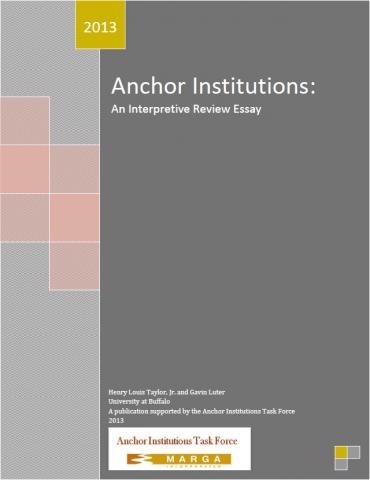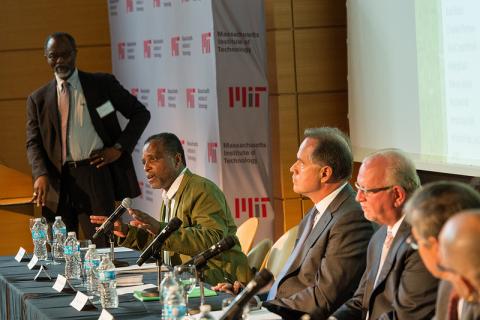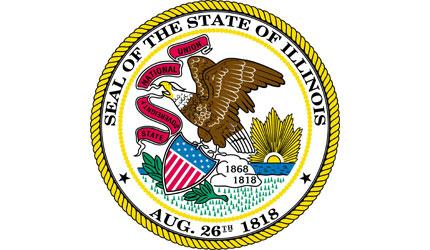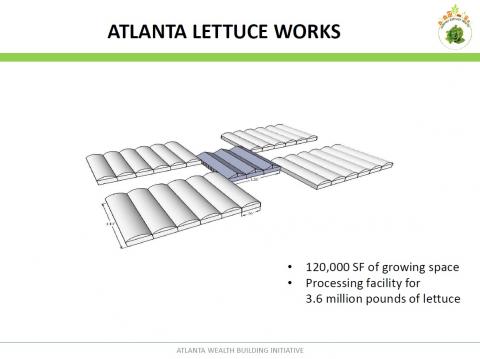“Creating Accountable Communities for Health: Common Language, Common Vision" is a working conference to accelerate the implementation of community-based preventative healthcare in the Midwest and across the United States. The event will be held on September 17 in Duluth, Minnesota and and will include presentations by healthcare and community development experts from around the country. Read more about Creating Accountable Communities for Health: Common Language, Common Vision...






